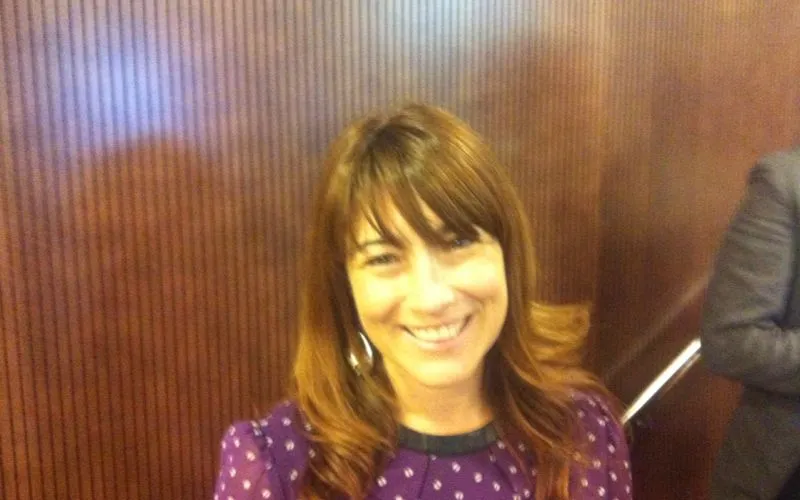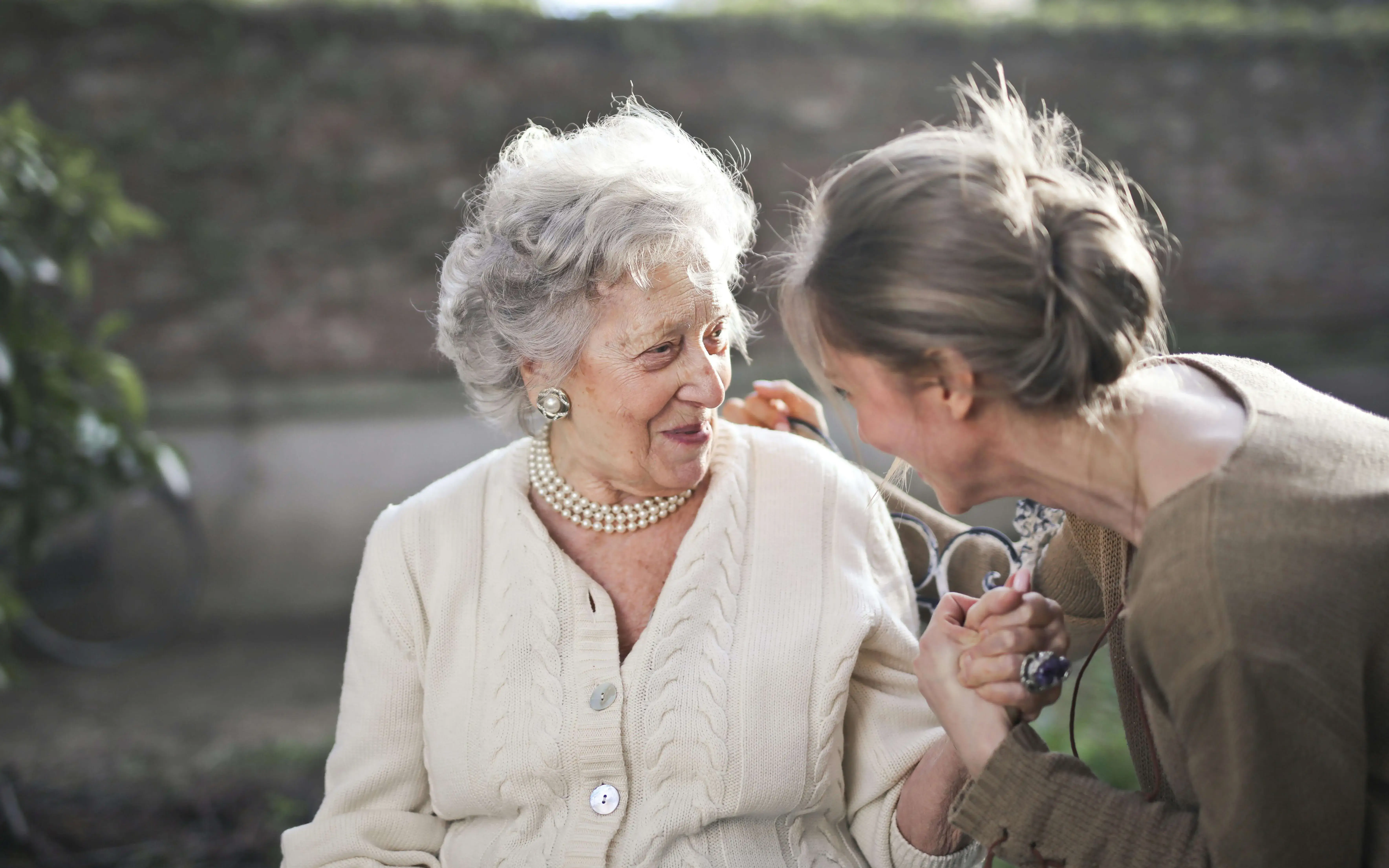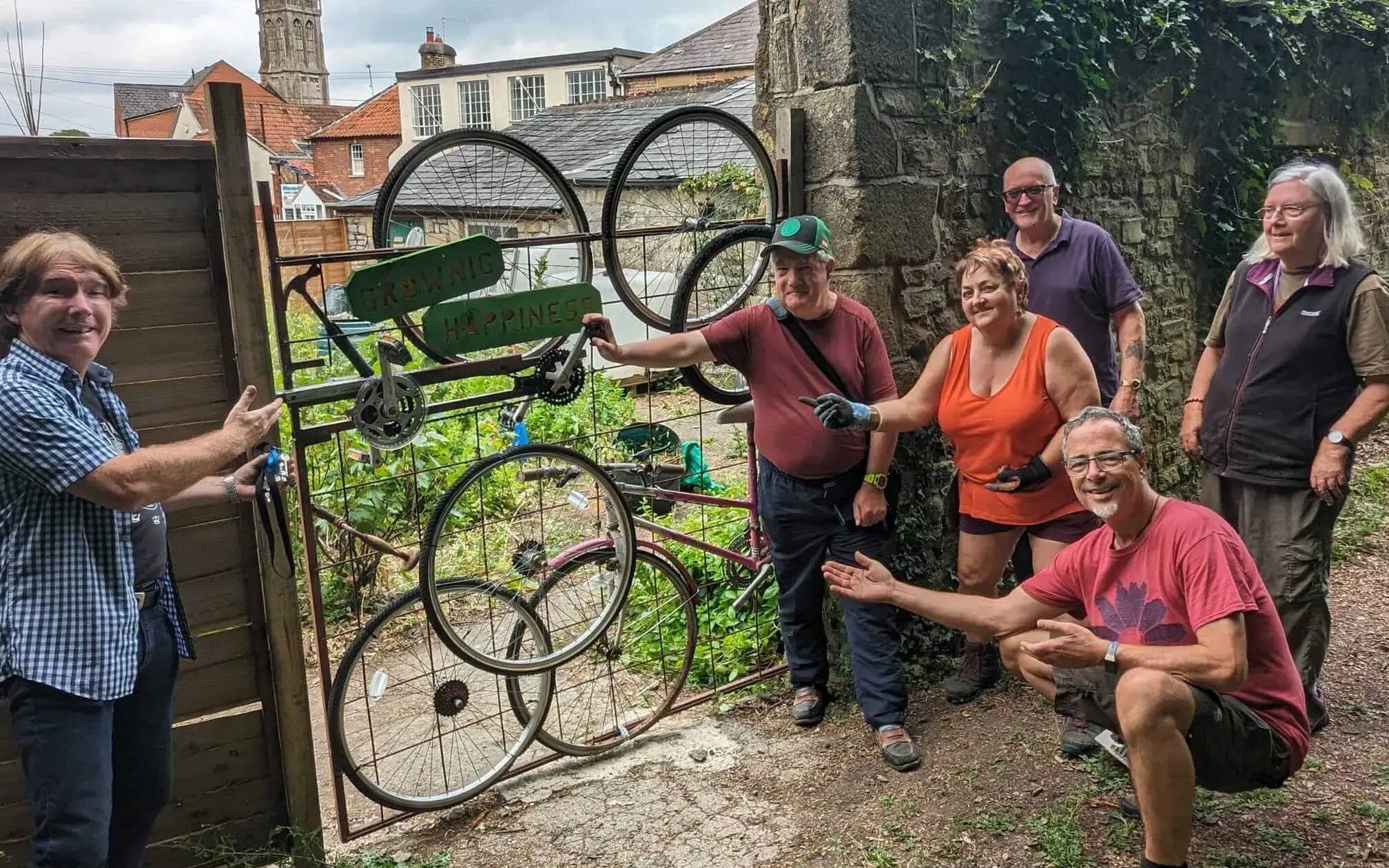The Málaga School of Citizenship, a good practice example in the promotion of associationism and volunteering
Ruth Sarabia, General Manager of Social Rights and Civic Participation, Immigration and Development Cooperation of the Málaga Council, explains which initiatives the Andalusian municipality carry out to promote associationism and volunteering.
The School of Citizenship and Coexistence of the Málaga Council is being considered a role model for good practice in the promotion of associationism and volunteering by the EU. Ruth Sarabia, General Manager of Social Rights and Civic Participation, Immigration and Development Cooperation of the Málaga Council, held a lecture on this initiative and other policies launched by the Andalusian municipality at the 20th Association Spring Forum.
Let’s talk about the School of Citizenship. What are the keys to success that led to this acknowledgement as an example of good practice in the promotion of associationism?
First, the fact that from the very beginning we relied on the requests of the own actors involved in this initiative. These actors are neighbours, those who work in the district and the local association movement. The central district of Málaga has an ageing population, lots of immigrants, very few young couples and not many spaces to enjoy the city. They had been long time telling us about the shortcomings of their neighbourhood. In order to face these problems and thanks to the interaction with those involved, the School of Citizenship was finally launched. Thus, this initiative was born as a response to people’s demands.
How many entities make use of this participative space? Did you expect this success to happen?
The School has been operating for five years already, and 26.300 people out of a district of 70.000 inhabitants have taken part in it. Never before has a municipal initiative had such a great approval. The traditional means of participation have always been used by small and very committed organizations, but they didn’t manage to reach all of the population. Now, the School has succeeded in increasing the number of people committed and has found the right way so everybody cooperates to improve the district. This has been possible due to the various formats offered by the School: from training courses to meeting places where to reflect and deliberate, meeting points for families with children and many other ways of civic participation.
Which other initiatives does the Málaga Council develop in order to promote and disseminate volunteering?
We believe in volunteering being instigated by the organizations. The Council’s role is to provide the necessary recognition and to facilitate the volunteers’ training for a better specialization. One of the best acknowledged projects in terms of volunteering is the Project Home. We develop it in Palma Palmilla, one of the most degraded slums of Málaga, with an unemployment rate of 78 per cent. It is a communal plan which has provided the necessary tools to set up an associative network that had never existed before. This has been possible thanks to volunteering and it has helped improving the image of the slum.
Do you think volunteering has enough recognition on the part of the institutions?
There is indeed recognition, but not enough. Just think about the role of volunteers, who very often carry out those actions that in fact should be done by the public institutions. In Málaga there are 18.000 volunteers and in many cases they reach out where the administration can’t because of financial shortages. We set up prizes and awards, and our mayor tries to closely support the volunteers all around the year. But this is not much. Acknowledgement is never enough, and this is definitely something the institutions should improve.
Talking about improvements… which challenges do you think await the world of associationism and volunteering in the future?
Citizens have great interest in civic participation. This is clearly reflected in the number of associations being created each year. But it has to be an effective participation. It’s not right to say ‘I propose’ but the institutions do whatever they want to. The organizations want to have decision-making power and this is something to keep working on it. It is also important that traditional entities continuously adapt, and that they renew themselves in terms of democratic regeneration. Something that is still lacking in many of them.
And there’s another big challenge for the institutions: how to channel all of the informal platforms that appear day after day, such as "15M", "Plataforma de Afectados por la Hipoteca", etc. How do we do that? Public institutions are used to interact with the traditional association movement, those formal organizations that are recorded in the Municipal Association Register. But what about all these new platforms? They won’t come to us and take part in the traditional participative organs. So, it’s our responsibility to make the effort to go and seek them, not to wait for them to come. If not, we’ll only have a forced and quite limited participation, and in some cases even an artificial one.







Add new comment